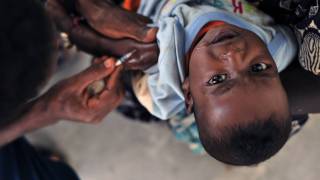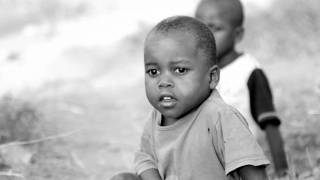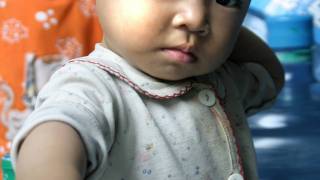France's Life-Course Vaccinations

Taking a life-course approach to immunization offers a valuable opportunity to improve health, support health system sustainability, and promote economic prosperity.
The life-course approach to immunization recognizes the role of immunization as a strategy to prevent disease and maximize health over one’s entire life, regardless of an individual’s age.
A life-course approach requires that immunization schedules and access to vaccination respond to an individual’s stage in life, their lifestyle and specific vulnerabilities/risks to infectious diseases that they may face.
The World Health Organization (WHO) Global Vaccine Action Plan 2011–2020 established a range of immunization goals and recommended implementing a life-course approach.
While progress has been made, many of the goals will not be achieved, and there is an urgent need to redress this situation in the decade to come, said the Vaccine Today editorial team on November 26, 2019.
A recent report on life-course immunization by the Health Policy Partnership (HPP), commissioned by the International Federation of Pharmaceutical Manufacturers & Associations (IFPMA), looked at how 6 countries are delivering life-course immunization: France, Brazil, Australia, Japan, the UK, and the USA.
It offers several case studies and examples of how life-course immunization is supported in various target groups and makes the case for accelerating access for people at every stage of life.
The case-study of France is particularly intriguing, as they are a hotbed of vaccine hesitancy.
A 2016 survey by the Vaccine Confidence Project found that 41 percent of people surveyed in France disagreed that vaccines were ‘safe and effective’.
To confront the French under-vaccination issue, the government decided to make virtually all childhood vaccines mandatory. Previously, a handful of vaccines were compulsory while most others were ‘recommended’.
This decision followed a lengthy public consultation which saw more than 10,000 comments submitted through an online platform.
France’s new immunization program has been designed to support key groups throughout life, the new report notes, but the public debate about childhood vaccination has distracted attention from life-course immunization.
The 2018–2022 National Health Strategy includes, as its first priority, promotion of lifelong health.
However, despite the vaccination schedule covering all ages and some specific at-risk citizens, uptake is low in most target groups. As an example, the cancer prevention vaccine human papillomavirus (HPV) uptake is around 20 percent.
But there is some recent good news.
The health authority la Haute Autorité de la Santé recently confirmed boys aged 11 to 14 in France will be invited to be vaccinated against the HPV vaccination program during the summer of 2020.
Until now, only girls had been invited to receive the HPV vaccine in France.
Despite facing a range of challenges to vaccination in general, and life-course immunization in particular, France is showing signs that it could leave behind its reputation for vaccine hesitancy to become a leader in Europe.
Perhaps the most innovative is the introduction of a web and smartphone-based electronic vaccination record.
Launched in 2010, MesVaccins.net stores individuals’ vaccine records and makes recommendations based on age and risk profile, using an algorithm updated by experts in real-time.
Subscriptions to MesVaccins.net have also been provided to physicians and pharmacists by regional health agencies, supporting HCPs to give correct and consistent immunization advice.
This system promises to increase vaccine uptake for people of all ages and could inspire other countries – or perhaps even the EU – to develop similar tools.
To target health professionals, Public Health France launched an online vaccine information platform in 2018.
Professionnels.vaccination-info-service.fr provides detailed information about how vaccines work, recommendations and coverage data, guidance for different population groups and disease-specific information.
Authorities are also looking at how system innovations can help improve access – and uptake – to immunization.
Pharmacy-based vaccination is another success story.
In 2017, an influenza vaccination program in pharmacies was introduced in selected Agences Régionales de Santé to increase vaccine coverage.
Through this program, pharmacists who attended specific training were permitted to administer the influenza vaccine at no cost to target groups.
Following a trial in 4 regions, vaccination in pharmacies was deemed to be successful and the pilot was ended.
More than 743,554 people receive the influenza vaccine in the experimental regions during the pilot, about 23 percent of whom were getting the vaccine for the first time.
This pharmacy program has now been rolled out throughout France. In support of this new policy, vaccination training became compulsory for all pharmacy students.
Recent vaccine information system news
- China’s National Vaccine Tracking System Coming in 2020
- World Pharmacists Day 2019: "Safe & Effective Medicines For All"
- CDC Turns To Tech To Increase Vaccination Rates
Vaccine news published by Vax-Before-Travel
Our Trust Standards: Medical Advisory Committee
























